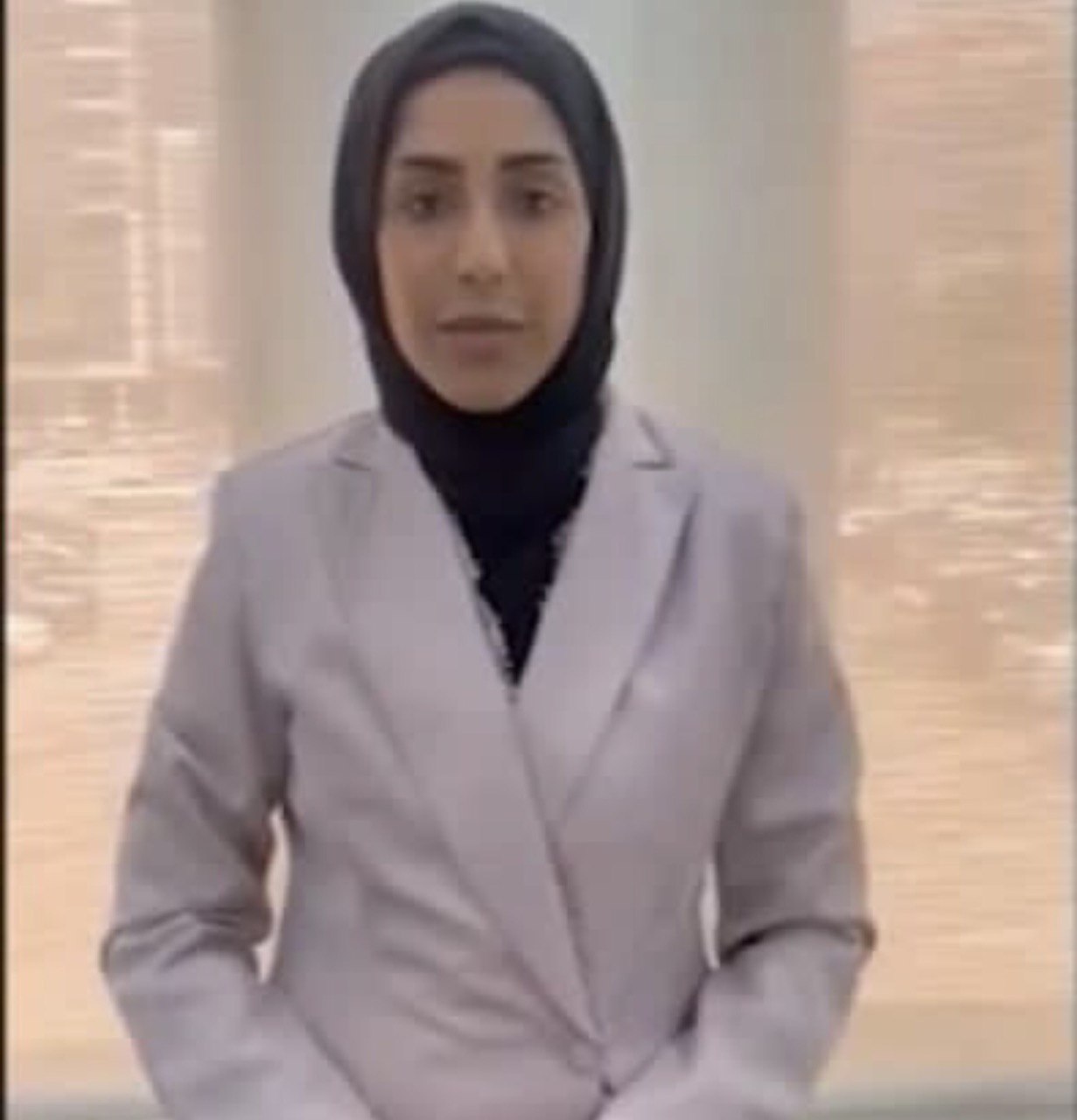|

Zainab Khamis: It is necessary to make reparations, pay compensations, and return the released prisoners to studies, work, and normal life. Zainab Khamis - Head of the Monitoring and Documentation Committee of the Bahrain Human Rights Society The Bahrain Forum for Human Rights (BFHR) organized a virtual press conference on Saturday May 11 2024, with the participation of Devin Kenney, researcher at Amnesty International (AI), Zainab Khamis, head of the Monitoring and Documentation Committee at the Bahrain Human Rights Society (BHRS), Ibtisam Al-Saegh, head of monitoring and documentation at SALAM for Democracy and Human Rights (SALAM DHR), and Ghina Rebai, researcher at the BFHR. The conference was about the issue of prisoners of conscience in Bahrain and was hosted by Bahraini journalist, Murtada Al-Talbi. To watch the conference: click here Below is the full speech of Zainab Khamis - Head of the Monitoring and Documentation Committee of the Bahrain Human Rights Society Since the political and human rights crisis in Bahrain, the human rights community has always welcomed and supported the release of all prisoners of conscience, political prisoners and human rights defenders. Firstly, I congratulate all the prisoners’ families and the prisoners on their release from prison and their return to the arms of their families, and we demand the release of all prisoners of conscience. There is great responsibility and obligations that fall on the shoulders of the Bahraini authorities regarding the released prisoners. The first project that the authorities should do is implementing transitional justice, which is represented by urgently making reparations, paying compensation, and returning the released prisoners to their studies, work, and normal life. Many countries, such as Morocco, Ireland and South Africa, have implemented this in the past and have had successful experiences. Of course, there are many difficulties facing those released, including social, life-related and economic difficulties. Therefore, the Bahraini authorities must bear the bulk of responsibility for these difficulties. However, there is an effective and important role for civil society organizations and human rights activists in taking action and participating in providing the necessary support to these prisoners. We hope that they also will be given space to participate and work in this regard. There are hundreds of prisoners’ families waiting for their loved ones to return to their arms. Approximately 550 prisoners and more are still held at Jaw Central Prison, including elderly, youth, and children, some of whom are sick. They have no fault other than expressing their opinions, and their presence in prison prolongs the human rights and political crisis in Bahrain and raises the level of political tension. We hope that the prisoners are released as soon as possible, for we are awaiting upcoming releases. We also hope that the voices of these families and detained prisoners will reach the relevant authorities and that they will be released, since their rightful place is among their families and loved ones. |